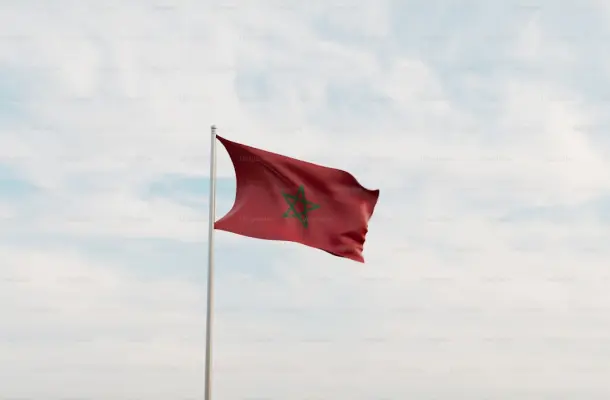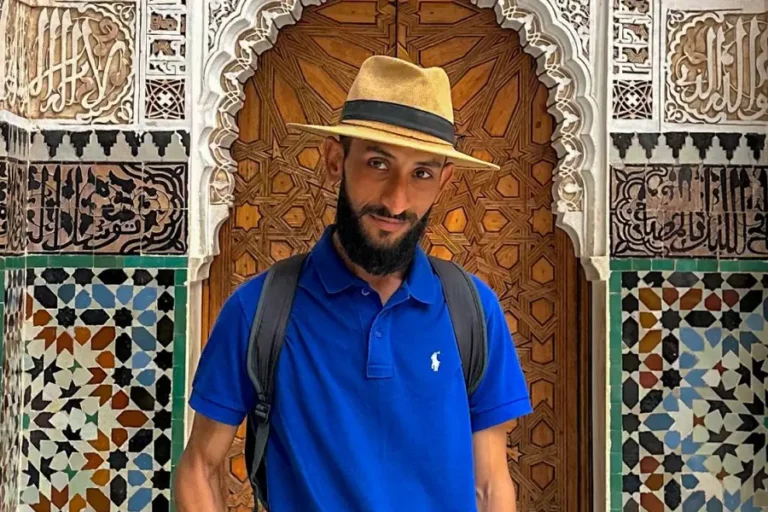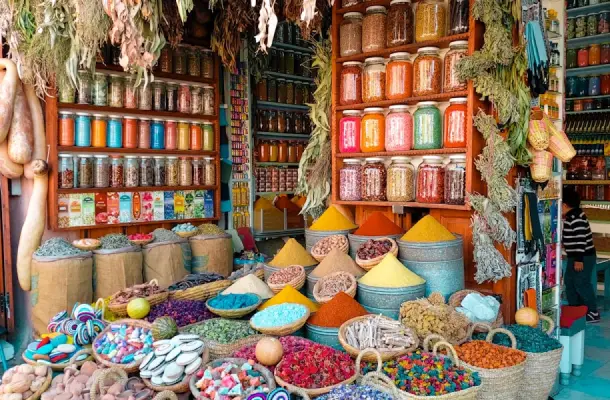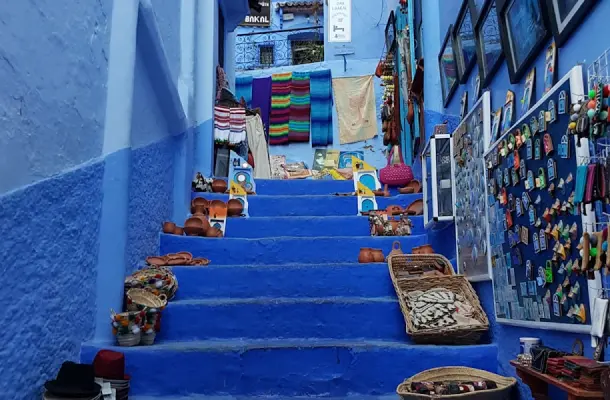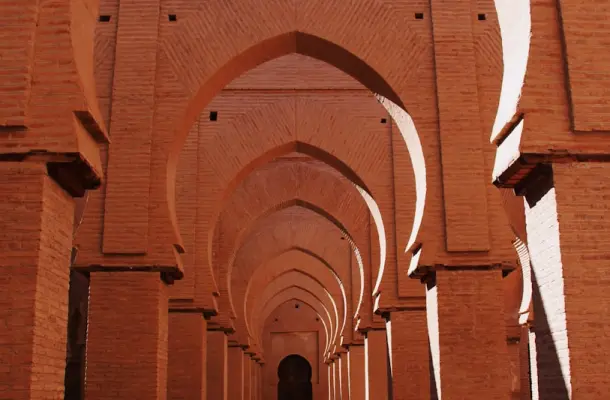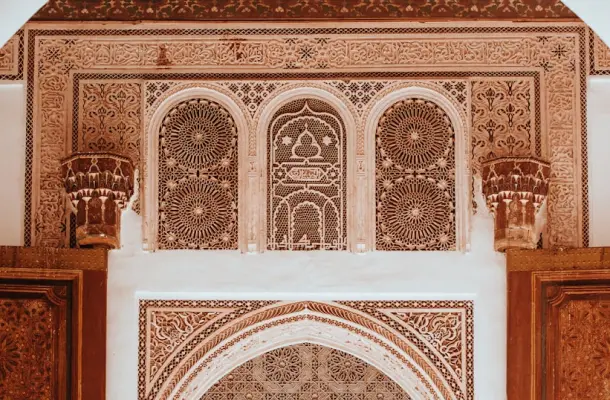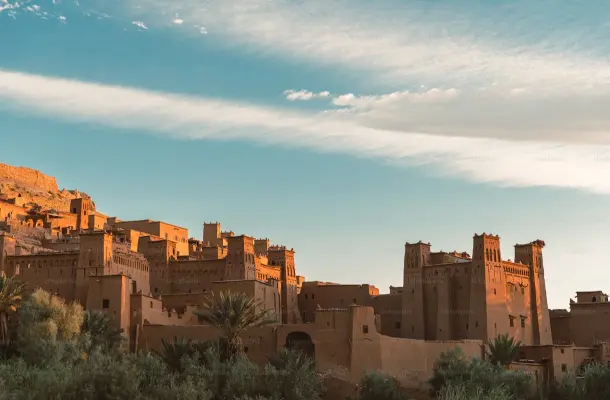When traveling to Morocco, understanding the nuances of handling money can significantly enhance your experience. Whether you’re planning to explore the bustling markets of Marrakech, the tranquil beaches of Essaouira, or the historic medinas of Fez, knowing how to effectively use cash and cards can help you navigate your trip smoothly.
Cash is King, but Cards Have Their Place:
In Morocco, cash is still the preferred method of payment in many situations. While major cities and tourist areas are becoming increasingly card-friendly, cash remains essential, especially when venturing into rural areas or smaller towns.
- Moroccan Dirham (MAD):
The official currency is the Moroccan Dirham (MAD). You’ll need it for most transactions, especially in local markets (souks), small shops, cafes, and taxis. The exchange rate fluctuates, so it’s wise to keep an eye on it before converting large amounts of money. ATMs are widely available in cities and towns, allowing you to withdraw dirhams directly using your debit or credit card.
- Where Cash is Essential:
In many everyday transactions, especially in traditional markets, street vendors, and smaller establishments, cash is the only accepted form of payment. Even in some mid-range hotels and restaurants, cash might be preferred. Always carry small denominations, as many vendors may not have change for larger bills.
- Tipping Culture:
Tipping is common in Morocco, and it’s usually done in cash. Whether it’s at a restaurant, for a taxi ride, or for a guide, small tips are appreciated and often expected. Typically, rounding up the bill or leaving a few dirhams is sufficient.
Using Cards in Morocco:
While cash is important, your cards will still come in handy, especially in more modern and tourist-friendly areas.
- Credit and Debit Cards:
Major credit cards such as Visa and MasterCard are widely accepted in hotels, upscale restaurants, and larger stores. However, American Express and other cards might not be as commonly accepted, so it’s good to have a backup.
- ATMs:
ATMs are plentiful in Moroccan cities and larger towns, and they usually offer a good exchange rate for withdrawing dirhams. However, it’s important to notify your bank of your travel plans to avoid your card being blocked for suspicious activity. Be aware that some ATMs may have withdrawal limits, so plan accordingly if you need larger sums of cash.
- Foreign Transaction Fees:
Using your card in Morocco may come with foreign transaction fees, depending on your bank. These can add up, so it’s worth checking with your bank before you travel. Some credit cards offer no foreign transaction fees, which can be a good option for frequent travelers.
- Security Considerations:
While Morocco is generally safe, it’s wise to use ATMs located in secure areas, such as inside banks or in well-lit, populated areas. Be cautious of card skimming, and regularly check your bank statements for any unauthorized transactions.
Currency Exchange and Money Transfers:
- Currency Exchange:
You can exchange your currency for dirhams at banks, exchange offices, and some hotels. It’s recommended to exchange a small amount at the airport for immediate expenses, then find better rates at banks or exchange offices in the city. Avoid exchanging money with unauthorized street vendors, as you may not get a fair rate.
- Money Transfers:
If you need to send or receive money from abroad, Western Union and similar services are available in most Moroccan cities. However, the fees can be high, so it’s best used for emergencies.
A Balanced Approach:
To make the most of your trip to Morocco, it’s best to use a combination of cash and cards. Carry enough cash for daily expenses, small purchases, and tips, but rely on your card for larger payments, hotel stays, and withdrawing money as needed. This balanced approach will ensure you have a smooth and enjoyable experience, whether you’re haggling in the souks or dining at a chic restaurant.
By understanding the local preferences and being prepared, you can confidently navigate your financial transactions in Morocco, allowing you to focus on enjoying all the beauty and culture the country has to offer.
